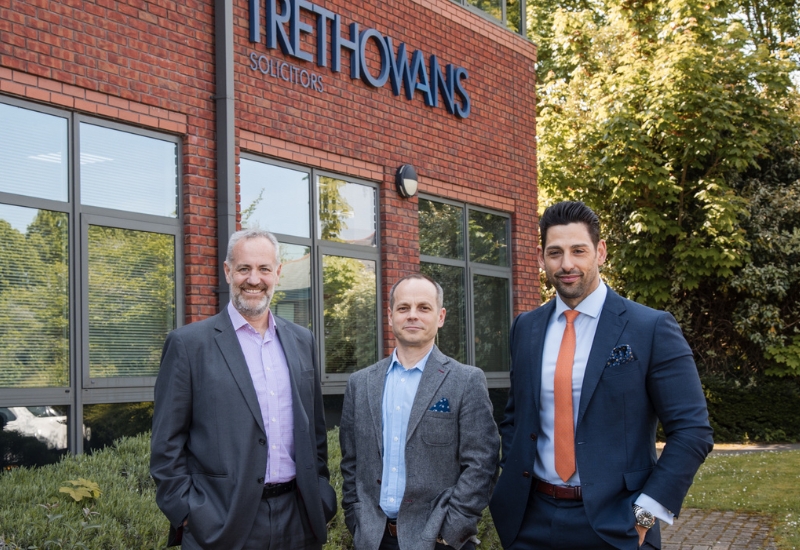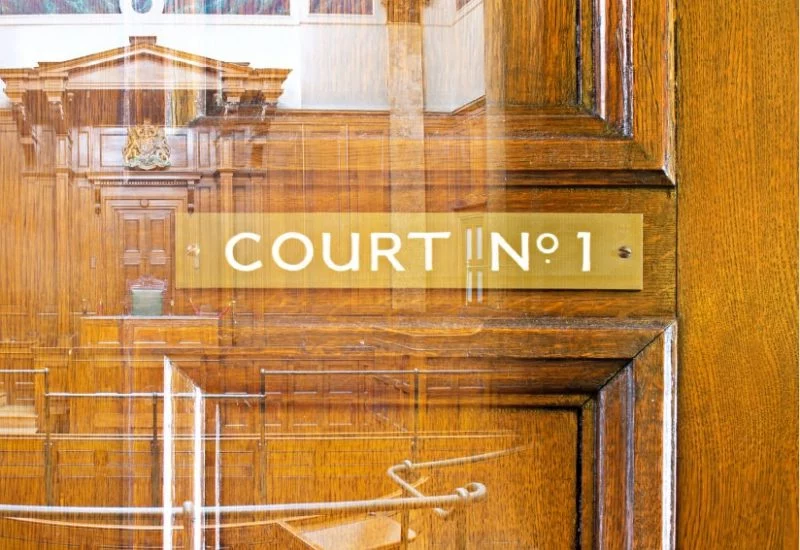- 21 Jan 2025
- •
- 3 min read
Forced to work for free? An insight into claiming prolongation fees

The start of a construction project is usually a positive and optimistic stage where all parties believe they have thoroughly scoped out their rights, obligations, and services, enshrining them in a detailed construction contract. However, unexpected delays, particularly in large and complex projects, often arise. The consequences of such delays often depend entirely on whether there is any provision in the contract for such a delay.
The case in question
Trethowans were recently instructed by an architectural firm required by the main contractor to continue work on a high value and highly complex residential and commercial development. At the time, the project was already a year overdue, with a projected further year to practical completion. A two-year project had effectively become a four-year project (and ultimately extended beyond that).
With no contractual right to terminate due to delay, the architects were obligated to continue fulfilling their professional obligations, despite not being compensated for the additional work.
The dispute: calculating the prolongation fee
The relevant clause in the contract referenced a “reasonable adjustment to the fee” rather than the familiar ‘loss and expense’ account procedure. The adjudicator’s task was to determine what constituted a reasonable adjustment?
The main contractor predictably argued that a delay was caused by the architects seeking the prolongation fee and that no additional payment should be made. However, these arguments were robustly shut down with evidence that it was the main contractor that was causing delay through their disorganised approach to the project, in some instances being over six months late in appointing sub-contractors and insisting on design features which were not feasible. The main contractor was unable to demonstrate any critical delay to the project programme caused by the architects.
The outcome: time records and a substantial award
The contract clause entitled the architects to a reasonable adjustment to their fee, but it did not specify how this should be calculated. Although hourly rates were listed in the contract appendix, these were not referenced in the relevant clause.
The adjudicator determined that the prolongation fee should be calculated on a time-spent basis. This involved using hourly rates derived from estimates of salary, payroll burden, overheads, and reasonable profit margins. Crucially, accurate time records were vital, as they demonstrated resources utilised during the prolongation period and separated time spent on paid variations from that relating to prolongation.
As a result, the architects were awarded over £330,000 for the prolongation fee up to the adjudication date. The method for calculating the prolongation fee going forward was also established, providing much needed certainty for the ongoing project.
Lessons learned
This case highlights the vital role of adjudication in resolving disputes where contractual obligations and commercial relationships are ongoing. It also serves as a timely reminder:
- If agreed hourly rates are to apply to delay or prolongation fees, this must be explicitly stated in the contract. Otherwise, standard contractual rates may not be used when assessing reasonable adjustments.
- Accurate time records are essential for substantiating claims and distinguishing between variations and prolongation costs.
Why adjudication?
Adjudication can be an excellent way to promptly achieve payments. In this case, the award was made within just four weeks of the referral.
Trethowans are experienced in navigating the fast-paced and technical sphere of construction adjudication. Should you wish to discuss a potential construction dispute – get in touch with our team today.

Disclaimer
This information is intended for general informational purposes only and does not constitute legal advice. We recommend seeking professional advice before taking any action on the information provided. If you would like to discuss your specific circumstances, please feel free to contact us on 0800 2800 421.













